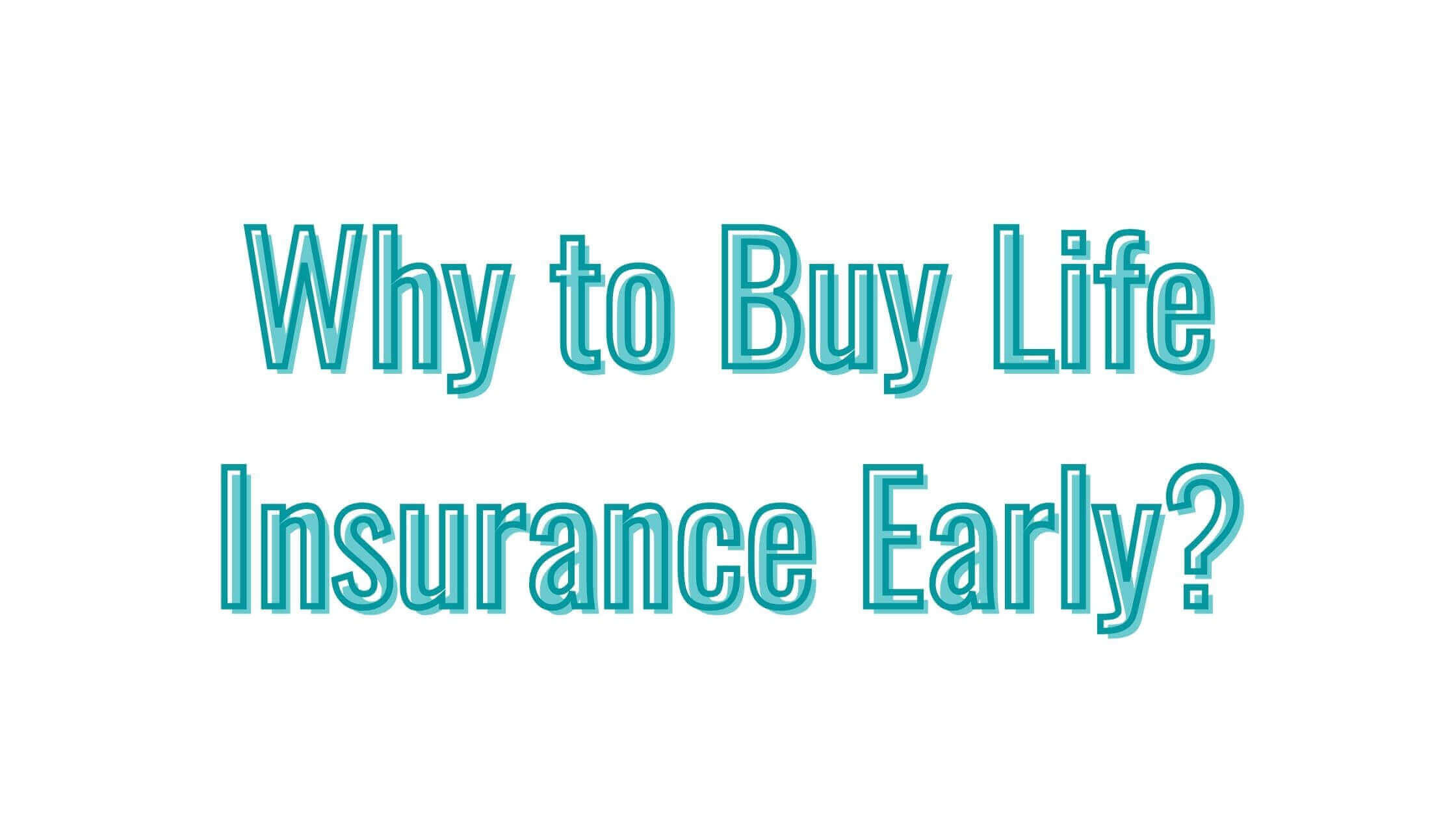What Is Life Insurance Policy?
A Life Insurance Policy is basically a contract between a life insurance policy buyers and a life insurance company that guarantees to reimburse his/her beneficiary or nominee in case of his/her unfortunate demise. The reimbursement amount is pre-decided on the basis of the terms and conditions of the life insurance policy.
Why Is a Life Insurance Policy Useful?
Life Insurance Policy is much useful in terms of providing your family with financial security in the event of any unforeseen circumstance throws you into a state where you can no longer ear or, in the event of your untimely demise.
Life Insurance helps keep your family in a position to enjoy monetary security even after your death. In addition to that, life insurance policies have also been designed to provide you with the ability to save, which certainly helps to provide financial constancy.
Is Life Insurance Essential?
No it is not. A Life Insurance policy is not essential or necessary. However, it is undoubtedly a smart investment to make, particularly if you have a dependent spouse and children. A life insurance plan offers your family the advantage of financial backing even after your death.
Additionally, Life Insurance offers a number of benefits too and provides numerous flexibility options on your investment. For instance, you can opt for a critical illness rider to deal with the cost of expenses for operations and surgeries; you can take out a part of your maturity benefit for your child's education or marriage or in case of an emergency, etc.
How Can I Make a Decision on the Amount of Life Insurance I Need?
The amount that a life insurance policy offers on maturity basically depends on the amount of premium you pay. So the maturity benefit you need from a life insurance policy depends on your particular standard of living, spending habits, income, etc. In general, you must go for a life insurance plan that offers you a maturity amount which is equal to 8 to 10 times of your annual salary.
How Much Does Life Insurance Cost?
The cost of a life insurance policy, in general, depends on a number of factors such as the kind of policy you actually choose to purchase, the Sum Insured, your age, the amount of premium you pay, and the benefits you expect to receive at the time of your policy maturity.
Do I Have Different Options to Pay My Life Insurance Premium?
Yes, you have.
There are various options available to you to pay your life insurance premium. You can pay your life insurance premium monthly, quarterly, half-yearly or annually.
You may also choose to pay the premium in a single lump sum. Nevertheless, a monthly premium is basically the most widespread premium payment mode chosen by the policy buyers because the amount is comparatively small and it is easier to keep an eye on and be prepared for a more frequent payment on premium.
What Would Happen I Fail to Pay My Life Insurance Premium on Time?
You generally get a grace period of up to 30 days, to pay your life insurance premium once it falls past due. And in case you still don’t pay your premium or fail to pay your premium following the grace period, your policy stands invalid and you will not be able to claim any benefit from your policy.
However, once you pay all your overdue premiums, you can revive your policy and you can all over again start receiving the benefits of the life insurance policy.
What Are the Benefits of Investing in a Life Insurance Policy?
In addition to providing you and your family with financial protection, your investment in a life insurance also offers several other benefits:
- You can claim a tax benefit up to Rs. 1, 00,000/- through a Life Insurance policy, under section 80C of the Income Tax Act.
- Under section 10(10D) of the Income Tax Act, the maturity benefits from a life insurance policy are tax-free.
- With your life insurance plan, you may choose to include a critical illness rider, which provides you with medical aid in case you are inflicted by a serious injury or illness.
- You may choose to invest in a life insurance plan that offers you a loan against your amount invested in case you need financial assistance in the event of an emergency. You may also choose to take a loan from a bank or financial institution and put your policy up as security for the loan.
- In addition, you may also choose to invest in a life insurance policy that lets you withdraw a part of your investment in the event of a financial emergency.
- As specified in section 80D of the Income Tax Act, you can claim a tax benefit up to Rs. 15,000/-
- Life insurance policy encourages and promotes the habit of saving, thus, you are provided with financial security at the time of retirement. Or, your family is provided with financial backing at the time of your death.
- Under life insurance plans, you may also choose to invest in policies in the name of your spouse and children and claim tax benefit, under section 80C of the Income Tax Act, on those policies too.
If I Stop Paying Premiums on My Life Insurance or Pension Plans, Will I Be Able to Claim Tax Benefits?
You will not be able to claim tax free benefits if you stop paying premium on your life insurance or pension plans. If you stop paying your life insurance policy premium, it amounts to discontinuation of the policy.
However, if you stop paying your premiums after 2 years from the beginning of your policy, the tax will not be taken away on the premium paid in the year when your policy term ends. The amount of tax deducted on the premium paid in the previous year is taxable in the year when the policy comes to an end.
What If I Discontinue Paying Premiums on a Unit Linked Insurance Plan (ULIP)? Can I Still Claim Tax Free Benefits?
In the case of a Unit Linked Insurance Plan, you are not entitled to get any tax benefits if you discontinue paying premiums earlier than 5 years from the beginning of your policy.
What about the Tax Benefits on Medical Insurance Premiums?
In calculating your (individual or HUF) total income, any amount that you pay, other than in cash, out of your income that is taxable to effect or to keep in force an insurance for your health or the health of your children or spouse and to effect or to keep in force an insurance on the health of your parent(s) up to Rs. 15,000/- for each person mentioned in the previous policy year and in case the person is a senior citizen up to Rs. 20,000/- for each person mentioned in the previous year shall be allowed for a deduction.
Can I Get Tax Benefits on the Interest on a Loan Taken Against a Life Insurance Policy for the Purchase or Construction of a House?
Interest on loans taken against a life insurance policy is allowed since a deduction from income is chargeable under the header “Income from house property”, given that the loan amount is utilized by the policyholder to construct, to acquire, to re-construct, to renew or to repair any property.
What Are the Tax Benefits If I Opt for a Pension Plan?
Under Section 80CCC, you can claim tax benefits for a Pension Plan given that you have paid premiums. You will get a pension from a fund referred to in Section 10(23AAB). On your total annual income, you will be able to get a deduction of up to Rs. 100,000/-.
What Happens When My Life Insurance Policy Matures?
You will receive the accumulated amount when your life insurance policy matures. This maturity amount will comprise of the total of all your premiums paid, as well as any bonuses you have received on the part of your premium that has been invested by the insurer on your behalf (for instance, ULIPs).
The amount you receive will be fairly extensive since the premiums you pay will mount up and get compounded each year until the maturity of your life insurance plan.
Will I Have to Pay Tax on the Maturity Benefit of My Life Insurance Policy?
No. You will not have to pay any tax on the maturity amount of your life insurance policy. In actual fact, under a pension plan you can even withdraw up to one-third of the total maturity amount in cash and that will also be tax-free. All these benefits are offered under the condition that you have paid all your premiums an











